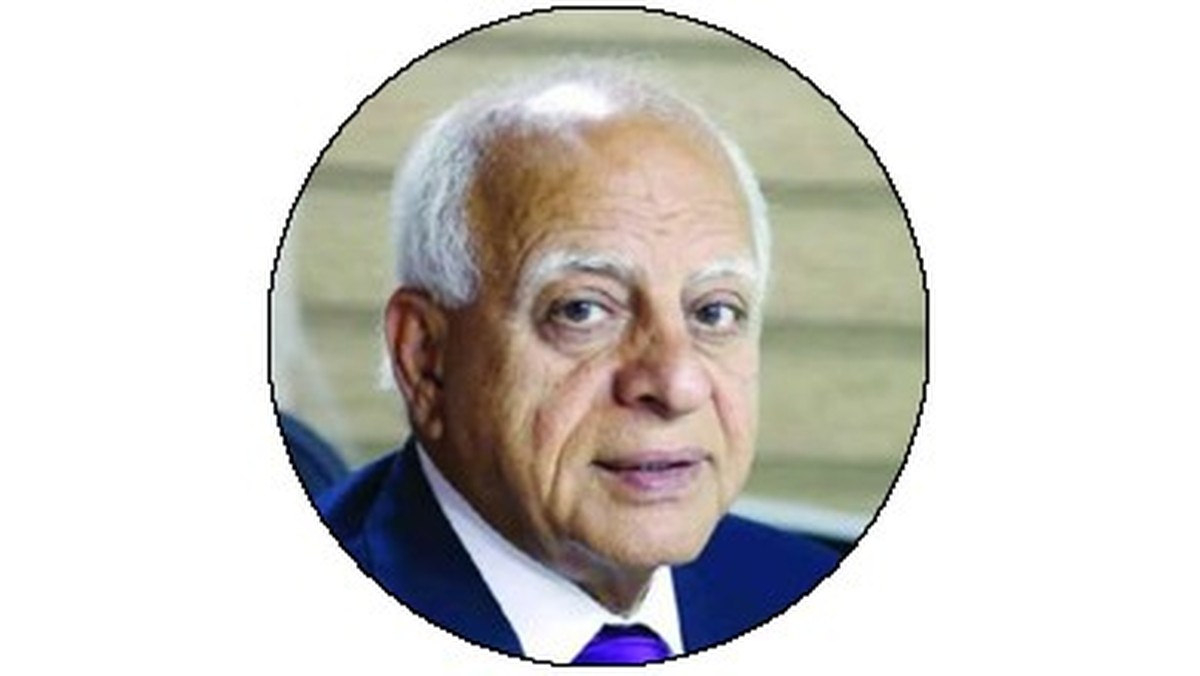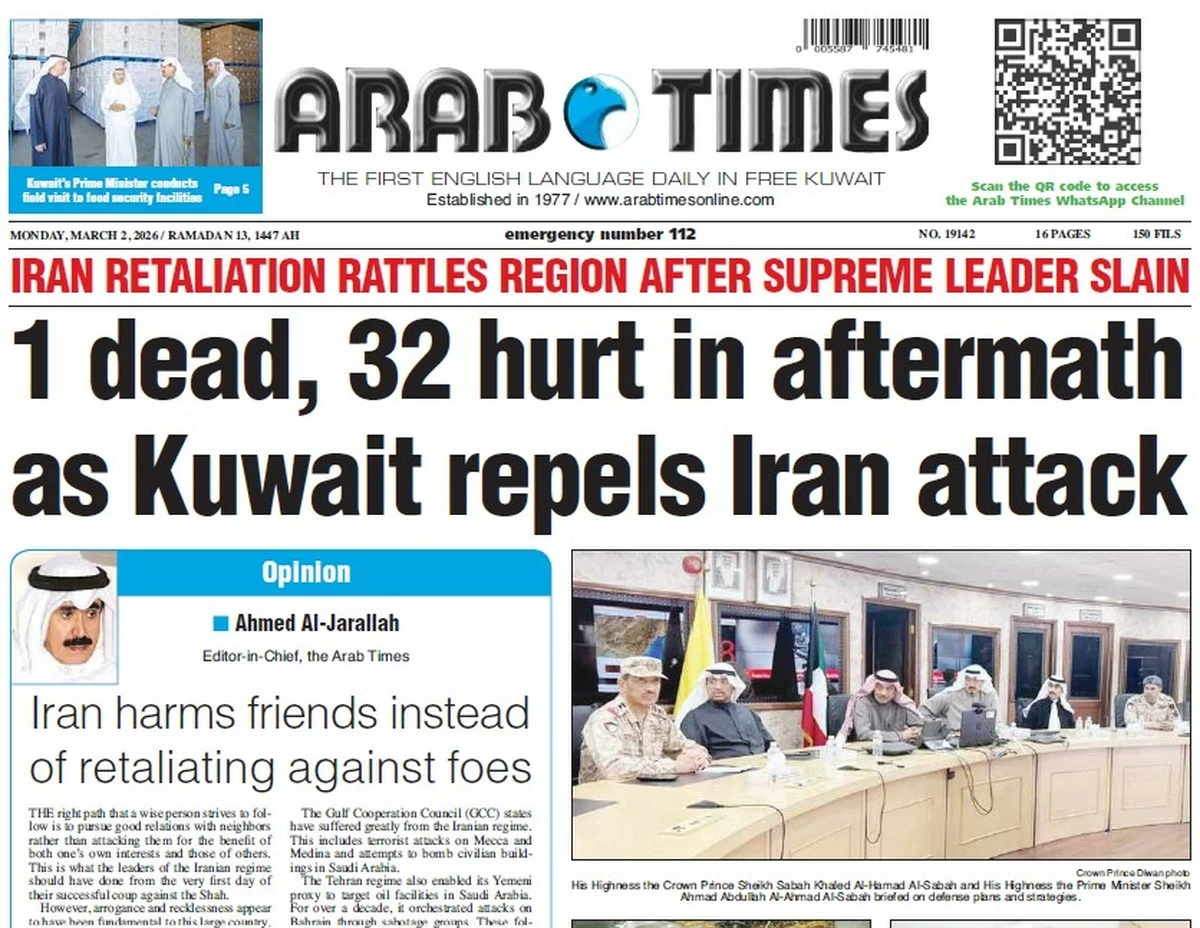Lebanese journalist Ricardo Karam wrote, “I visited Amani Bazzi, the woman who lost her husband and three children on September 21 in Bint Jbeil, southern Lebanon, as a result of an Israeli attack on her town, after she asked to see me. I sat with her for two hours and listened as she slowly opened her heart, pain pouring out with every word.
She said it was the first time she had cried since the tragedy occurred. Her daughter was still in a coma, fighting for her life, while she herself is trying to recover from her physical wounds, because the wounds of the soul never truly heal.
I met a 33-year-old woman who studied in convent schools, where she became familiar with Christian education, and continued her academic journey until she graduated from the Holy Spirit University of Kaslik. A woman who lived for love and family, devoted to her children and husband. Her home was once filled with laughter, warmth, and faith. In a single moment, she lost everything. I sat before a woman who had not been visited by any of the country’s leaders, not even those who raise their voices to say slogans about mercy and humanity.
She received no support from the state, nor a word of condolence from officials, except for a few. Only silence, disappointment, and pain. We talked for a long time, about two hours of conversation, silence, and tears. Her mother sat beside her, whispering prayers, gently wiping away a grief that could never truly fade. And yet, amidst the rubble, I found a woman who was wise, composed, clear-minded, and deeply patriotic. A woman who had lost everything, but never her dignity or her love for her country.
Before I left, she handed me a piece of chocolate, saying it was “for the souls of her children,” so I would remember them. Prayers were pouring in from everywhere, including from the Monastery of Saint Charbel in Annaya. I removed the miraculous bracelet of Our Lady of Lourdes that I wear day and night, and gave it to her. She placed it on her wrist, praying for the healing of her heart and her daughter. I left her room carrying her unforgettable gaze, a gaze that speaks of a country that has left its people alone to face the storm ... Pray for her.”
---
Because I’m not good at expressing myself the way Ricardo did in his moving post, I decided to do something more positive and practical. I sent Amani a sum of money to help, even in a small way, ease her ordeal. I also shared what I had done with a few friends and contacts, and several of them quickly followed suit and did the same. Later, some of them told me that her father had announced the amount received from me and my friends was sufficient, and that they didn’t need any additional support at this time. His response reflected his integrity, his upbringing, and his deep sense of self-respect.
A friend asked me why I chose her specifically to help and encouraged others to do the same. I couldn’t find an answer other than to say that I hope to help anyone in need, which was why I founded the “Kuwait Humanitarian Friendship Society,” through which I make my donations. However, the society is not authorized to assist any organization outside Kuwait, except in times of disaster. I don’t know why I made an exception for Amani.
Perhaps the reason lies in the final paragraph of the article. Others also asked me why I publicly announced my donation. I told them that, in my experience, generosity is often contagious. What I did was never meant to offend the dignity of the recipient or her family. This is something I understood from their circumstances.
Moreover, giving, without condescension, even to someone in need, is a beautiful gesture, just like a kind word, a sincere wish, a prayer, or a quiet act of compassion. Ricardo later wrote in another post, “I was inundated with thousands of messages, maybe more. From all sects, beliefs, and affiliations. From people who may disagree, argue, or even stand on opposing sides. Yet, for some reason I still don’t fully understand, this story touched everyone’s heart. I ask myself why. Maybe because it’s simple… and honest… and painful. Because true pain needs no explanation. It speaks a language everyone understands.” In the end, Lebanon is different.



